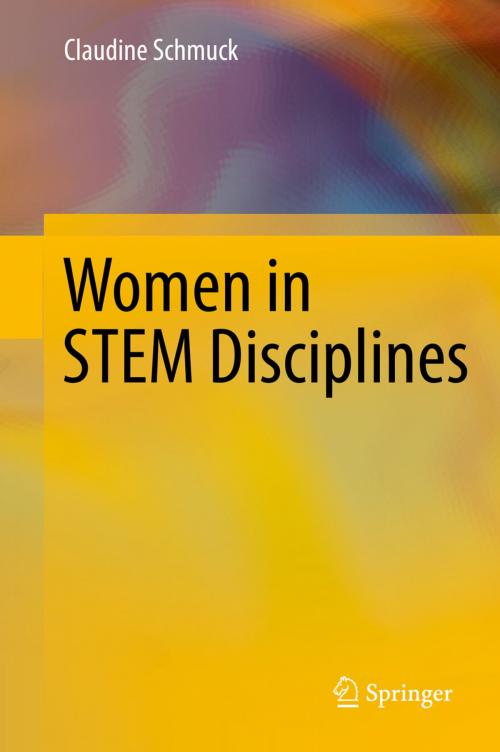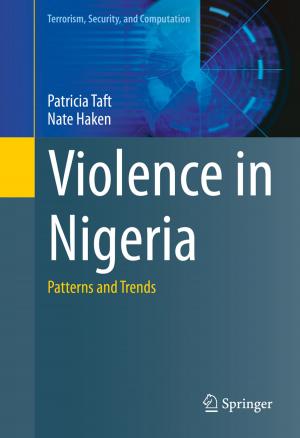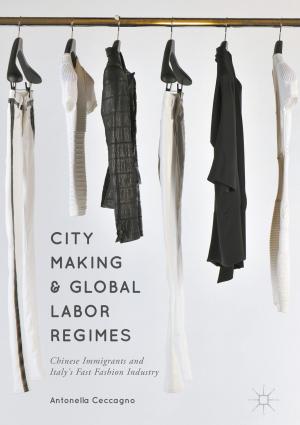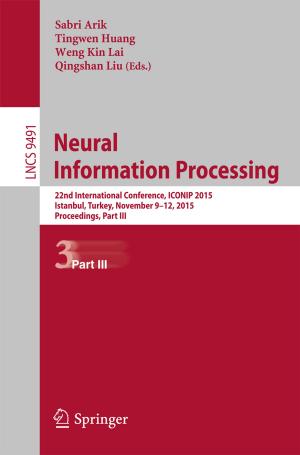Women in STEM Disciplines
The Yfactor 2016 Global Report on Gender in Science, Technology, Engineering and Mathematics
Nonfiction, Social & Cultural Studies, Social Science, Gender Studies, Business & Finance, Human Resources & Personnel Management| Author: | Claudine Schmuck | ISBN: | 9783319416588 |
| Publisher: | Springer International Publishing | Publication: | September 6, 2017 |
| Imprint: | Springer | Language: | English |
| Author: | Claudine Schmuck |
| ISBN: | 9783319416588 |
| Publisher: | Springer International Publishing |
| Publication: | September 6, 2017 |
| Imprint: | Springer |
| Language: | English |
This book presents the findings of a survey that analyzes a unique set of data in science and technolog and provides a clear and simple synthesis of heterogeneous databases on the gender gap in the STEM (Science, Technology, Engineering and Mathematics) setting, helping readers understand key trends and developments. The need for more women in innovative fields, particularly with regard to STEM-based innovations, has now been broadly recognized. The book provides insights into both the education and employment of women in STEM. It investigates how the gender gap has evolved among STEM graduates and professionals around the world, drawing on specific data from public and private databases. As such, the book provides readers an understanding of how the so-called ‘leaky pipeline’ operates, and of how more women than men drop out of STEM studies and jobs by geographical area.
This book presents the findings of a survey that analyzes a unique set of data in science and technolog and provides a clear and simple synthesis of heterogeneous databases on the gender gap in the STEM (Science, Technology, Engineering and Mathematics) setting, helping readers understand key trends and developments. The need for more women in innovative fields, particularly with regard to STEM-based innovations, has now been broadly recognized. The book provides insights into both the education and employment of women in STEM. It investigates how the gender gap has evolved among STEM graduates and professionals around the world, drawing on specific data from public and private databases. As such, the book provides readers an understanding of how the so-called ‘leaky pipeline’ operates, and of how more women than men drop out of STEM studies and jobs by geographical area.















